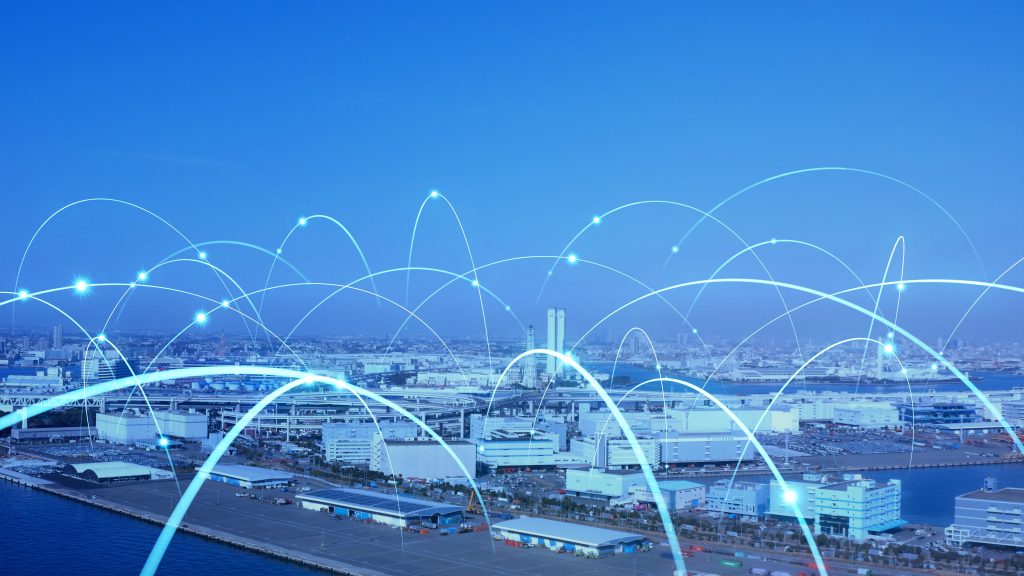Emissions focus from charterers promises both scrutiny and support

Ship operators are preparing for both challenge and opportunity as customers increase their focus on supply chain emissions.
While growing interest in so-called Scope 3 emissions means that charterers and cargo owners will take a keener interest in emissions from their transport operations, the trend is also driving growing cooperation, according to shipowners speaking at the Tradewinds Shipowner Forum in Hamburg during SMM.
Scope 3 emissions are defined under the Greenhouse Gas Protocol Corporate Standard as ‘indirect emissions that occur in the value chain of the reporting company, both upstream and downstream’. These include emissions related to the transportation of goods and raw materials.
Operators are already gearing up for a big change in how they present the impact of their products to consumers, said Odfjell Chief Sustainability Officer Øistein H. Jensen.
“Demand from consumers to understand the full emissions impact of products will mean that emissions from shipowners will need to be allocated to the products. This will require greater transparency from shipowners.”
While Scope 3 emissions are not yet included in reporting requirements for listed companies, regulatory discussions in the US, EU, New Zealand and Singapore indicate that some requirements are likely to emerge, noted Jensen. He added that the accounting of these emissions would not only be driven by customer interest, but also by shipping investors.
Kurt Klemme, Managing Director of container tonnage provider Reederei NORD, observed that the interest in Scope 3 emissions was being driven by equity investors, particularly the big pension funds. While investors are more interested than finance providers at this stage, the Poseidon Principles are also encouraging banks to take a deeper look at vessels’ general emission performance, he said.
But with greater scrutiny from customers and investors comes the opportunity for greater cooperation, explained Scott Bergeron, Managing Director, Global Engagement & Sustainability Commercial, Oldendorff.
“When new regulations came, charterers used to ask us ‘what are you going to do?’” said Bergeron. “Now they are asking ‘what are we going to do?’ The number of partners willing to work with us is growing, especially in dry bulk and commodities and among publicly traded companies.”
Crucially, those partners are not necessarily seeking return on investment or break even to engage in emission cutting projects, said Bergeron, appreciating the need to spread the cost of the energy transition. “It takes some green to go green,” he said.


